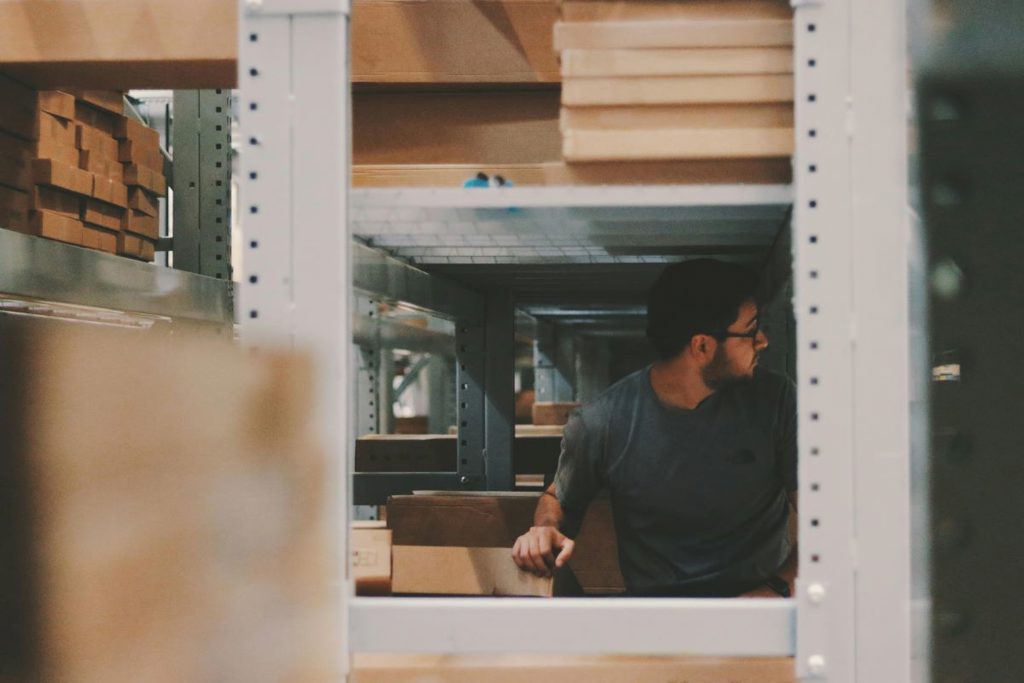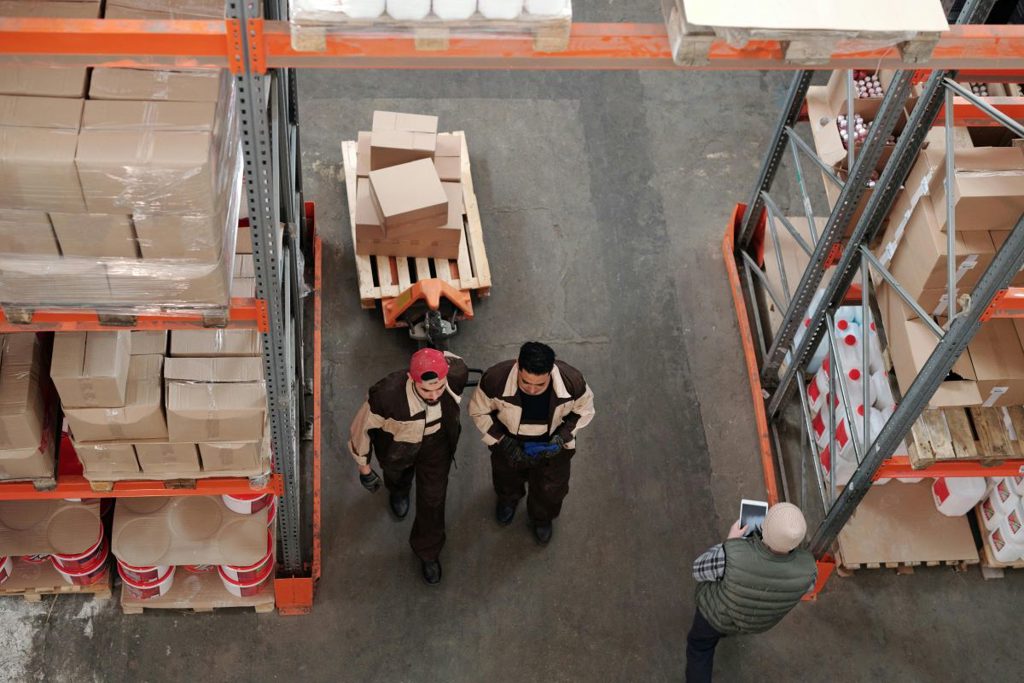The Financial Pros and Cons of Sharing a Storage Unit With Friends or Family
Renauld Smith • 17 Jul, 2025

Storage units are a common way to deal with limited space. In places like Florida, where people often move or downsize, demand for storage is high. Some turn to sharing a storage unit with friends as a way to save money. It seems simple-split the rent and share the space. But is it really worth it? This article looks at the real financial pros and cons, so you can decide if it's the right move for you.
Real Savings or False Economy? The
Actual Cost Benefits
Storage units vary in price, but larger ones usually cost less per square foot. As a matter of fact, sharing one can lower your monthly expenses. For example, a 10x10 unit might cost $150. Splitting that means only $75 each per month. That’s cheaper than paying $100 for a smaller solo unit.
Another key point,
you may be able to afford features such as climate control, better security, or
24-hour access. These extras often feel too expensive alone. With this in mind,
sharing can stretch your dollar further. However, these savings only matter if
both parties are reliable.
Hidden Expenses That Could
Surprise You
At first, shared
storage may look affordable. But surprise fees can add up,
especially when moving. Many storage facilities require insurance.
If your name isn’t on the lease, you might not be covered. You may need
separate coverage, which adds cost.
In contrast,
renting alone means you control everything, including coverage terms. There's
also the cost of transport. If the unit is closer to your friend, you may end
up driving farther. That means more time and gas. And if one person misses a
payment, both may face late fees.
Why Location and Storage Type
Matter More Than You Think
Where you live
affects how practical storage options are. Climate, distance, and local costs
all influence your final choice. In humid areas, like Florida,
climate-controlled units help prevent mold and damage. That’s why finding an affordable and convenient solution matters
more than ever.
Another key point:
how mobile storage units save time and money. These portable units are
delivered to your door, then picked up and stored securely. They cut down on
travel, reduce moving costs, and let both people load items at their own pace.
This setup works well when schedules or locations don’t match.
If you’re sharing a storage unit with friends, location becomes even more important. How far is it from each of you? Who has easier access? These small details can create bigger issues later. Long drives or uneven responsibilities can turn convenience into conflict.

Sharing a storage unit with friends can be a
smart move—if both people are reliable and open
Trust and Troubles: Financial
Risks of Co-Sharing
Money can create
stress between friends, so pay attention to finances. Not to mention, it
gets worse if you're sharing space. What if your friend stops paying? If the
lease is in your name, you’re stuck covering their part. If it’s in their name,
you might lose access without warning.
With this in mind,
it’s smart to write a simple agreement. Include rent amounts, due dates, and
what happens if someone leaves. A written plan avoids confusion and sets clear
rules. Verbal promises aren’t always remembered or honored.
Storage Unit Etiquette: Avoiding
Financial Conflicts
You’re not just
sharing costs—you’re sharing space. That can lead to conflict if you’re not
organized. Clearly divide the unit. Label boxes and mark your section. That
way, no one accidentally takes or damages something.
Use a digital
inventory app to track what each person stores. This helps prevent disputes and
protects your items. Besides, it saves time when you need to find something.
Also, decide how to handle future changes. What if one person adds too much
stuff? What if someone wants out?
Set those
expectations early. That way, no one feels taken advantage of later. Fair space
use is just as important as fair payment.
Insurance and Liability: Who
Covers What?
Insurance sounds
boring, but it matters. Most facilities require it, yet policies often only
cover the person listed on the lease. As an illustration, if your friend’s item
is damaged, and you're the leaseholder, their loss may not be covered.
Similarly, some
policies don’t allow storage of third-party items. Check before signing. If
something valuable gets stolen or damaged, who’s responsible? Document what
each person stores and estimate the value. Take photos. Keep receipts if
possible. This protects you both during a claim.

Most
facilities require insurance
Accessibility and Security: A
Shared Risk
More people with
access means more risk. Accidents happen. Boxes fall, things break, or
worse—items go missing. Who holds the key or access code? How often can each
person visit? Hence, set clear rules for who goes and when.
Digital locks or
smart cameras can offer peace of mind. Track who enters and leaves.
Nevertheless, even with tech, mistakes can happen. And if the other person
changes the lock, you could be locked out. Always make sure access is fair and
secure.
When It Makes Sense to Share — and
When It Doesn’t
Of course, there
are times when sharing works well. Moving for a few months? Downsizing
temporarily? In those cases, joint storage makes sense. You both save money,
and your items don’t sit around the house.
It's also a good
idea if you’re storing things you rarely use. Seasonal gear, extra furniture,
or boxes of files—these don’t need frequent access. In short, it’s less risky
if you don’t have to visit often.
Whereas, storing expensive or sentimental items is another story. If damage or theft would hurt you financially or emotionally, don’t share space. Shared units have higher exposure to risk. Trust matters more than cost savings in those cases.

More
people with access means more risk
Summary: Should You Be Sharing a Storage
Unit With Friends?
So, what’s the
final answer? Sharing a storage unit with friends can be a smart move—if both
people are reliable and open. The savings are real. As a matter of fact, you
could cut your storage bill in half. You might even afford better features.
But there are real
risks too. Conflicts over money, space, and access can ruin friendships.
Insurance and security issues can create financial headaches. In short, always
get everything in writing and choose someone you trust fully.
A shared storage unit isn’t just about stuff—it’s about shared responsibility. Make sure both of you are ready for that.
Pics:
https://www.pexels.com/photo/worker-in-a-warehouse-4483941/
https://www.pexels.com/photo/man-under-a-bunch-of-large-shelves-1797415/
https://www.pexels.com/photo/men-going-around-a-warehouse-1797428/
https://www.pexels.com/photo/men-working-in-a-warehouse-4481260/





